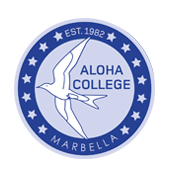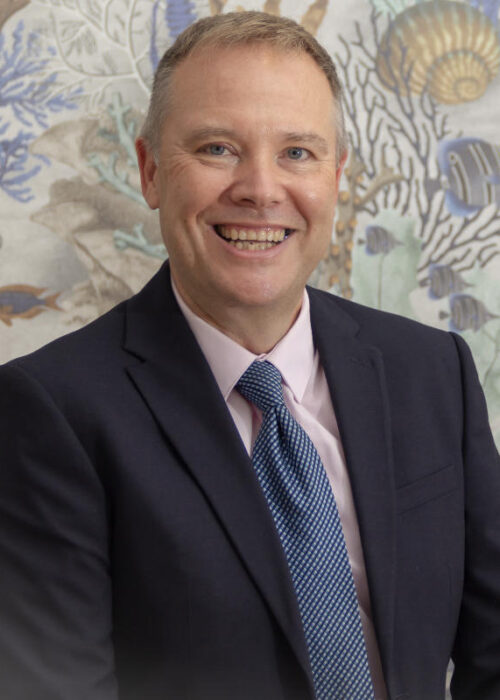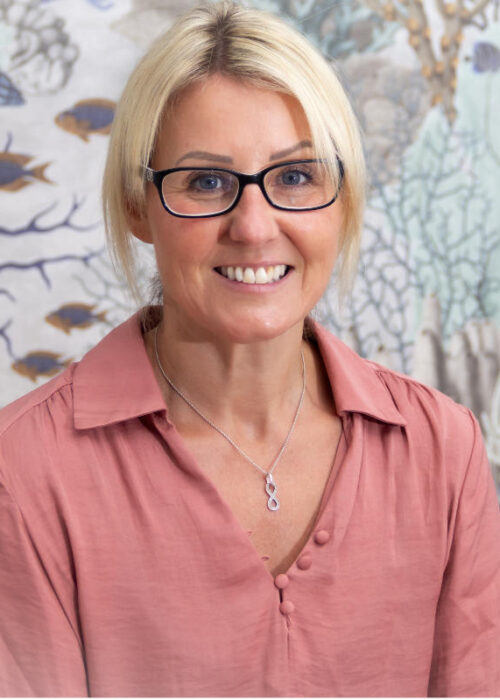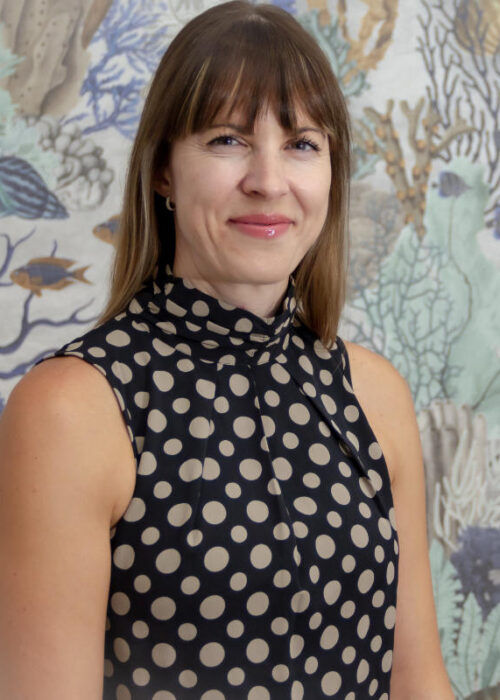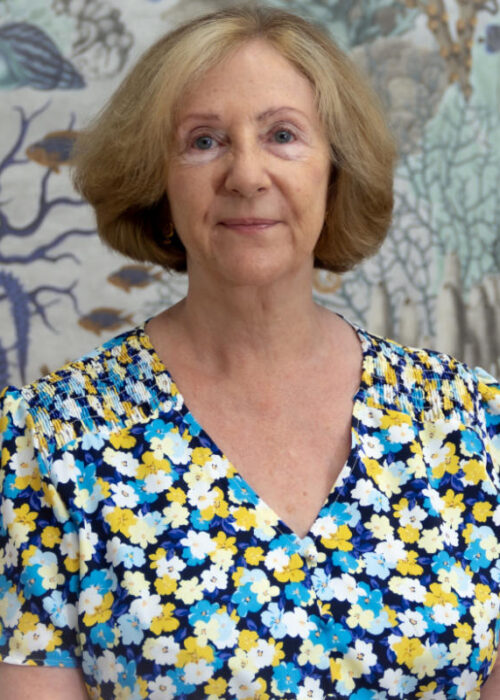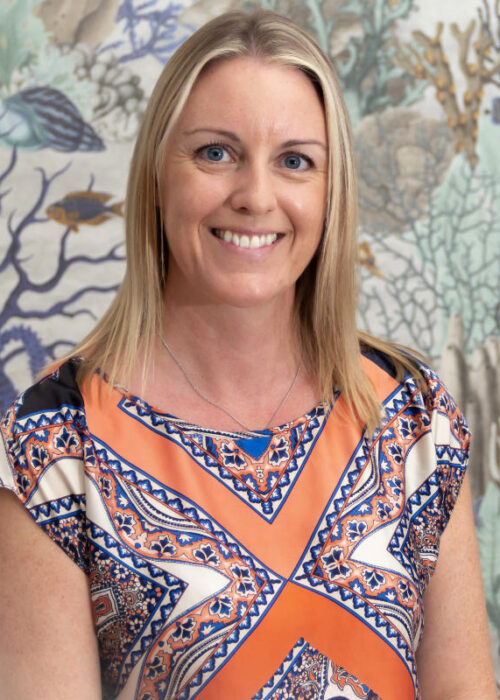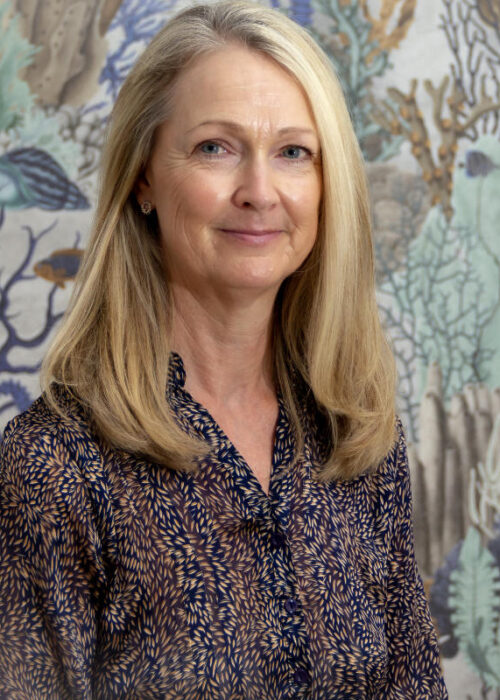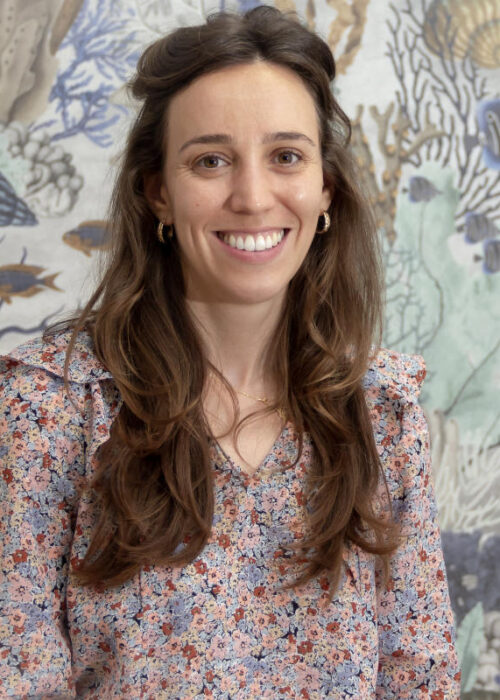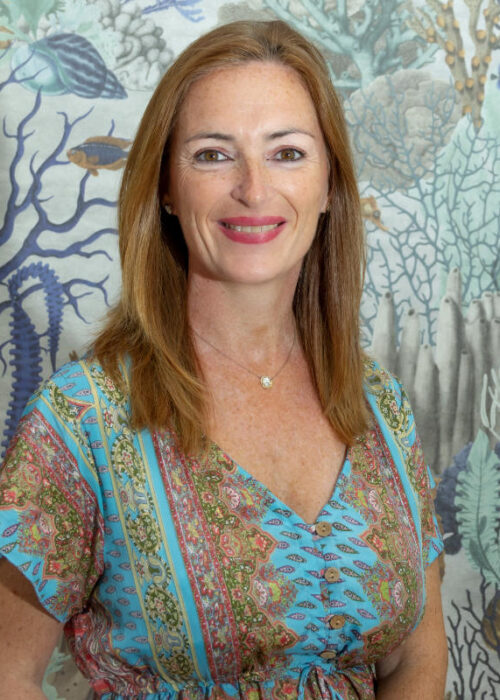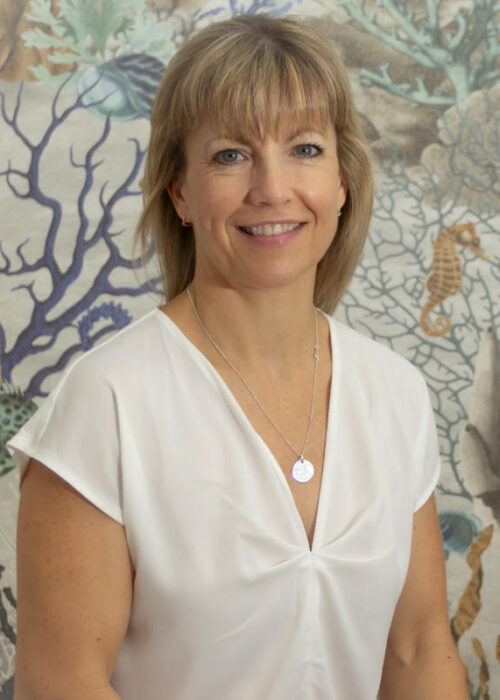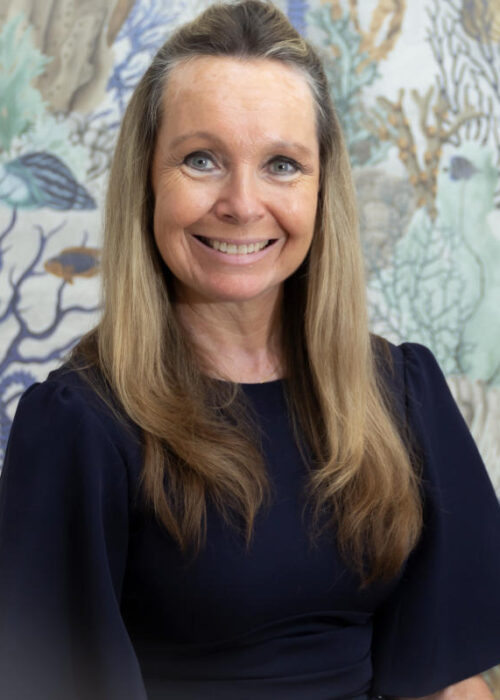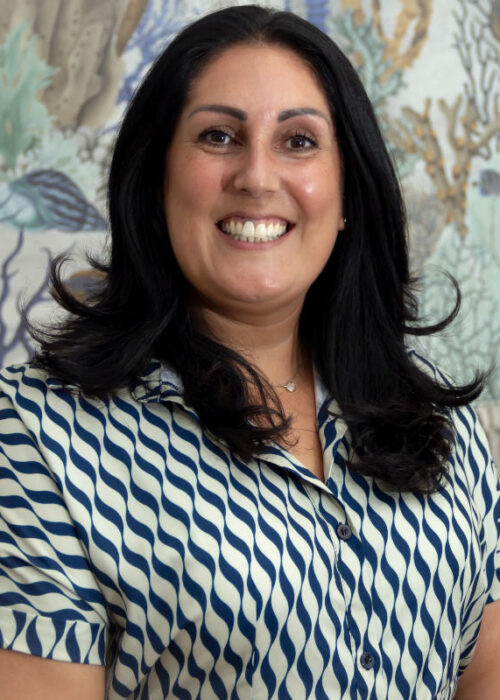Year 6 spent four lovely days in Doñana National Park, Huelva, which is the most important natural wetland in southern Europe. The children gleaned a great deal from being close to nature and spending time away from home.The highlight of our trip was a tour around the southern part of the park in 4 x 4s, where we saw lots of interesting birds including an Osprey with a fish in its mouth, and animals such as wild boar, wild horses and deer. We had great fun playing in and rolling down the steep sand dunes!We also learnt about the work the park is doing to protect the very rare Iberian lynx and we watched a mother feed her babies on a webcam. There are only about 200 of these animals left in the wild.We visited the town of El Rocio, where there is a famous pilgrimage every year. Another excursion was to La Rabia, which is famous for the fact that Christopher Colombus set sail from this port to discover the Americas. We had great fun exploring replicas of his three ships and it fitted in perfectly with our humanities project about Tudor exploration!Our hotel was lovely. The children shared apartments in groups of four and everyone enjoyed the delicious food! Our monitors were good fun and organised games on the beach and a great talent show and disco on the last night.



